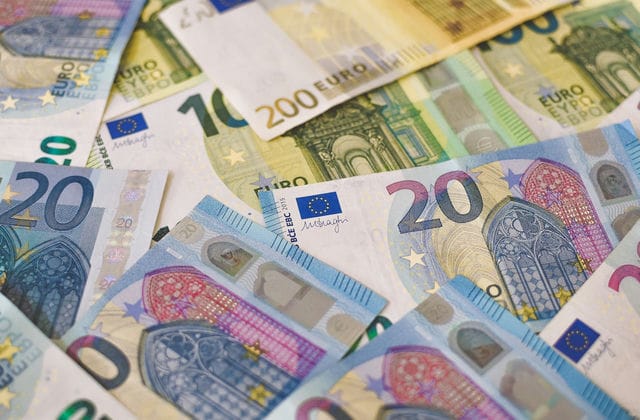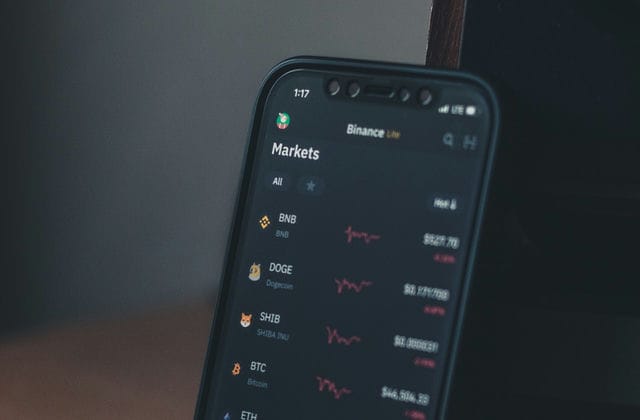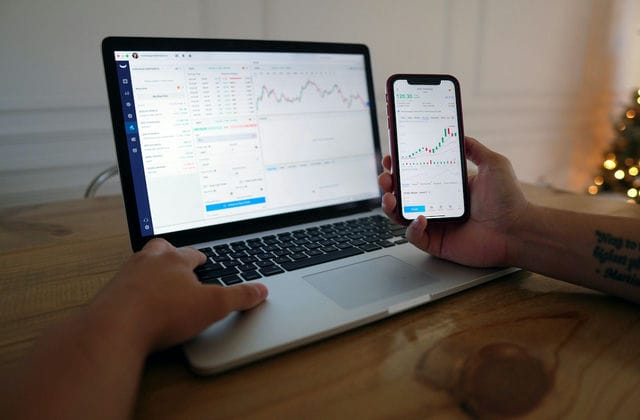Financial markets belong to the social sciences, which are not only natural sciences, but also incorporate the subjective perceptions of the participants, and this subjective perception interacts with the objective facts, i.e. There is a countervailing link between imperfect perceptions and actual developments. This reactionary linkage adds to the complexity of price movements and has not only been closely followed by Soros, but has also become a classic theory for market participants to explain the behavior of financial markets.

One of the theories Soros employed in the financial markets, alchemy, was also not intended to fully understand or reveal things as they were, but simply to hope to obtain the desired marker state. He argued that the laws of nature operate independently of man's understanding of them, that the only way for man to influence nature is to understand and use them, and that financial markets do not follow the kind of laws of nature that are independent of anyone's mind.
Those who hold to the rational logic of economic life believe that the market is always right because it has taken into account future trends and that prices tend to be discounted. Soros argues that any idea of predicting the future is biased and incomplete, that participants operate on a skewed basis, and that the skew itself has an impact on the course of events, so that the impression may be given that the market may accurately predict the future. But the fact is that current expectations reflect not purely future developments, but future developments that are already influenced by current expectations.

The countervailing linkage of market expectations to actual developments either manifests itself in self-propulsion or in the avoidance of a worsening of events due to the warning effect of expectations. Examples include exaggerated expectations of the impact of weather on agricultural markets and increased price deviations due to market expectations of inflation, but it is often this fear that leads government authorities to introduce policies to save the day and curb further deterioration.
For us, especially market participants operating in a follow-the-money system, it is helpful to spot such countervailing linkages and to understand the strength of the countervailing forces on the market in order to maximize their profit objectives.





























